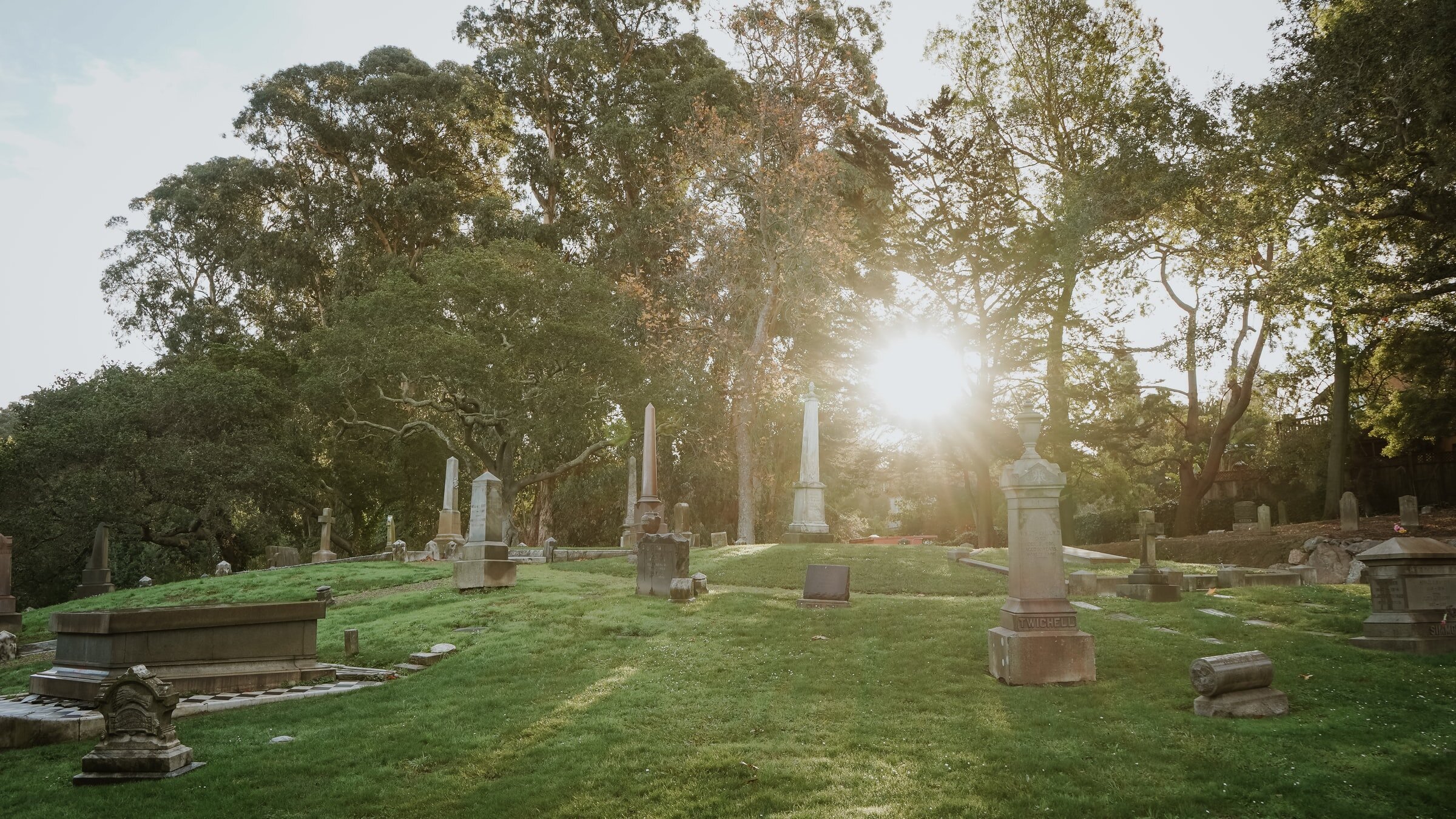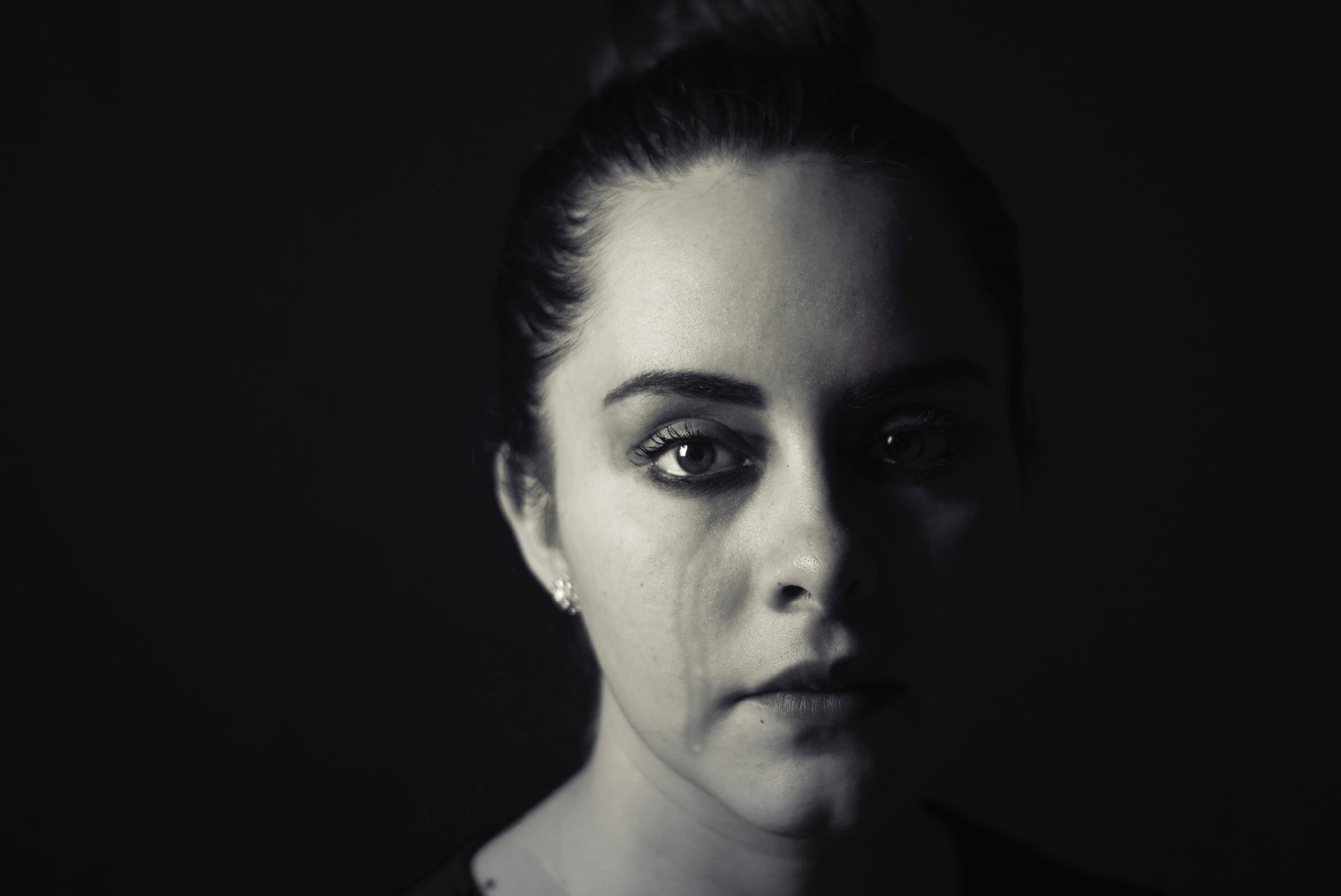The Equality of Death and Hope for the Living
Now, I have carefully thought about all this, and I explain it in this way: Righteous people and wise people, along with their accomplishments, are in God’s hands…
This is the tragedy of everything that happens under the sun: Everyone shares the same destiny… But all who are among the living have hope... (Eccl 9:1, 3-4 GW) [context– Eccl 9:1-6]
When hope seems limited
A shadow of death seemed to hang over the world like a heavy blanket. It dampened hope and closed us in. It wasn’t just the fear of death but the realness of its finality.
When hope is limited by circumstances beyond our control, life seems bleak.
Many of us felt confined by an invisible enemy. And many of us were physically confined because of confusion, fear, and politics.
The challenges and conditions experienced in the year 2020 were not new. History is replete with famines, plagues, natural disasters, and an abundance of man-made calamities and wars.
Considering all that could go wrong in the world around us, life can seem grim at times. But is it?
What can make life less than grim and even enjoyable?
During the confusing and confounding events of the pandemic of 2020, a major debilitating factor wasn’t the disease itself but the impact of isolation and lockdowns.
Many families couldn’t say final goodbyes to loved ones because of public health policies and protocols.
The general effect of “social distancing” was crippling isolation from others—among friends and families and within communities.
The economy around the world floundered and created great stress for individuals, families, businesses, and whole nations. The lockdowns resulted in an economic meltdown. Although it was an artificially induced economic recession, the stress from it was real and debilitating.
People felt cut off from one another. A sense of normalcy in life was missing. The public was told to embrace this as a “new normal.”
The heartbeat of communities at all levels big or small grew weaker by the month.
How does one make sense of such things?
Insights
Death is the great equalizer.
It’s been said in various ways, “death is the great equalizer.” This is Solomon’s summarizing thought in verse 2— All things come alike to all: One event happens to the righteous and the wicked; (Eccl 9:2 NKJV).
Death is no respecter of persons.
This was determined by God after sin entered the world (Gen 2:7; 3:19). Man was formed and composed of the elements of the earth and became a living soul when God breathed life into him.
But the impact of sin—the selfish predisposition in all of us—introduced physical death into the world. It doesn’t matter what we have or have not done in life, when death comes, we are equal. This is Solomon’s main point.
However, the leveling effect of sin is all we see when our only perspective is life under the sun. This under the sun life perspective is what Solomon reiterates often (Eccl 2:14-16; 3:19-20; 6:6; 7:2).
Why does Solomon return to this lament over and over again? He does so to remind us of the value and importance of living while we are alive and explaining this with some proverbial wisdom in verses 4-6.
This is what I see as a glimmer of light in the darkness of life under the sun. It was not a new thought then nor is it now—life precedes death so enjoy it.
Value life itself.
In the first three verses of Chapter 9, Solomon puts forth his typical fatalistic view of life. It doesn’t matter who you are or aren’t, what you do or don’t do, we all die.
But in verse 4, Solomon shines a glimmer of light into all of this dark destiny—
But all who are among the living have hope, because a living dog is better than a dead lion. (GW)
Solomon uses some obvious contrasts to underscore his point to live your life while you can.
Although he doesn’t give more insight on this, while a person is alive they have hope. Many philosophers and psychologists, whether atheist or agnostic, say when a person draws their last breath and their heart stops, that’s it—fade to black.
But is there more? What did Solomon have in mind about hope?
Existential Reflections
The concept of an afterlife or existence beyond physical death pre-dates both Judaism and Christianity. It is found in more ancient religions.
Belief in a resurrection from the dead for believers is a cornerstone of Christian theology. Jesus personified this belief in a literal way. He declared it before His death and after it (John 11:25; Luke 24).
Solomon would have no concept of physical resurrection as Christian believers do now, but he had some sense of resurrection or life after death from all his studies of wisdom.
Although Solomon’s focus in Ecclesiastes is on life under the sun, he speaks of hope in this life while alive. The question is—Why does Solomon speak of hope after all the pessimistic reflections so far? What would spark this sense of hope?
Solomon holds a belief most every one of us has—a belief that there must be more than mere existence on earth. More beyond the physical existence of all that is observable in the universe.
The natural world reveals a sense of design and purpose with its various cycles and seasons observed each day and year by year.
The natural world illustrates a continuity of life.
One of the psalms written by King David, Solomon’s father, reminds us of these natural cycles and seasons and how they reveal the glory of God as Creator of all life (Psalm 19:1-4).
Hope is a belief that transcends the immediate concerns of life. Hope is a way of seeing beyond the limitations of life under the sun. Genuine hope is anchored in trust—trust in the Creator and Sustainer of all life.
Hope is what helps us make sense of life under the sun.
Even our memories of what is good and enjoyable in life help propel us from one day to the next.
Recovering from and overcoming difficulties experienced in times past instills a sense of hope for life today and the days beyond.
When we value our relationships with family and friends, we gain hope. We can see a greater purpose in life because of the benefit of our interdependence with one another.
When we enjoy the simple blessings in our life of food, shelter, safety, and our breath and health, it’s to our benefit. Finding enjoyment in life isn’t about pleasure but an appreciation for life itself.
When we appreciate life itself, it becomes a basis for hope. This simple sense of hope sustains each day.
As Solomon says, “a living dog is better than a dead lion” (verse 4). No matter how basic and simple our life may seem, it is better than a thousand famous people who are now dead and forgotten.
America in the 1950s was noted for hard work to rebuild the economy and gain a better life in the aftermath of WWII. A realization began to dawn in the midst of the chaos and upheaval of the ‘60s for the need to appreciate simple things in life.
Perhaps the sentiment of valuing people and appreciating the simple things in life are expressed by two songs from 1974— Cat’s in the Cradle and Stop and Smell the Roses.
But hope is more than a sentimental feeling. Hope is embedded in our soul (Rom 5:2-5; Heb 6:19 CSB).
We can choose to value life each day.
For, even in the darkest of times, there is hope for the living.
This is an excerpt from my newest book available on Amazon! Glimmers of Light in the Darkness of Life
The Scripture text for this devotional study can be found by clicking the blue button link– “Ecclesiastes Chap 9” [I’ve used God’s Word Translation (GW) for ease of reading but the button link will take you to the text in a parallel version with the NKJV text.]
Also, for further commentary, I recommend Enduring Word by Ptr David Guzik.






